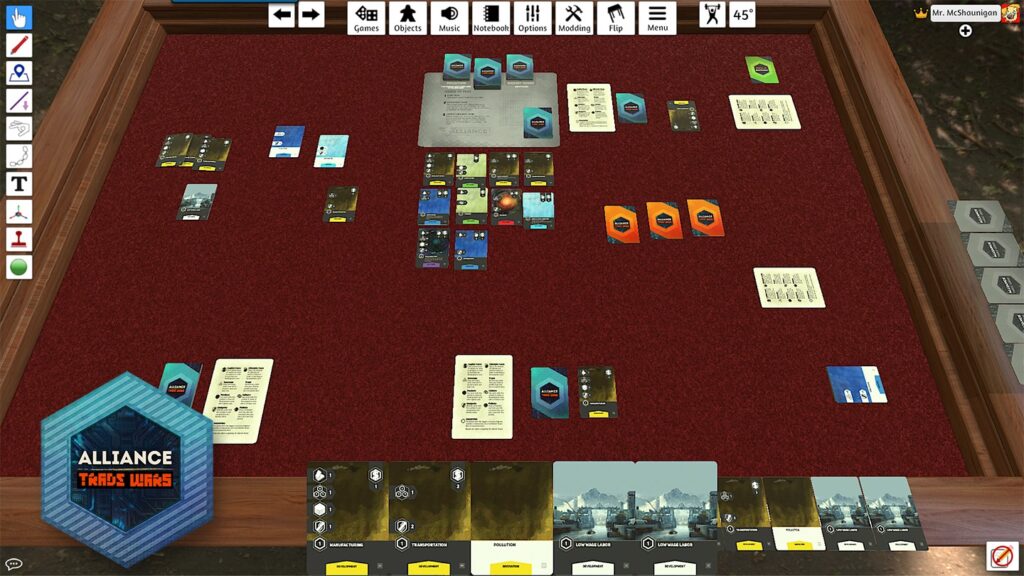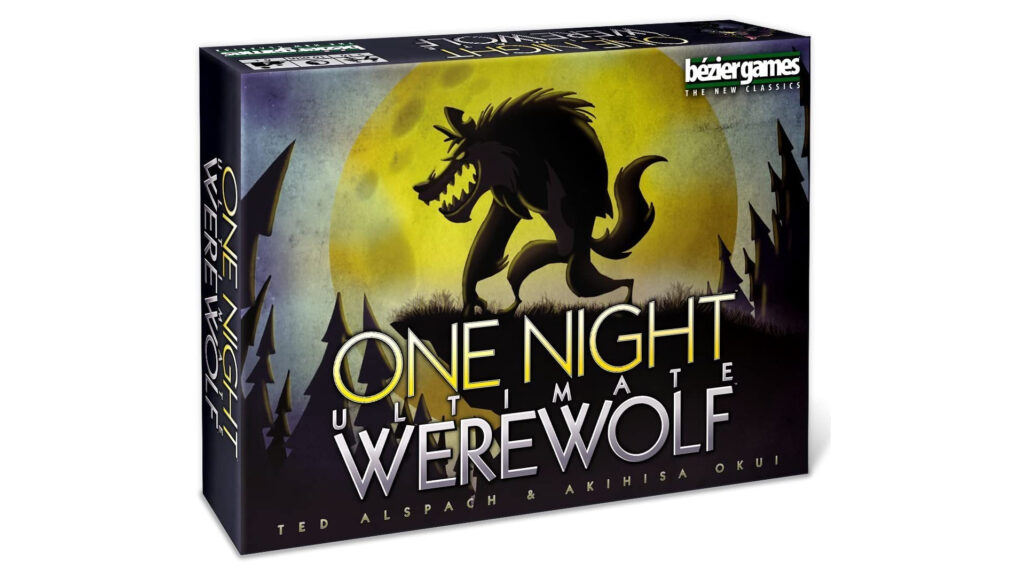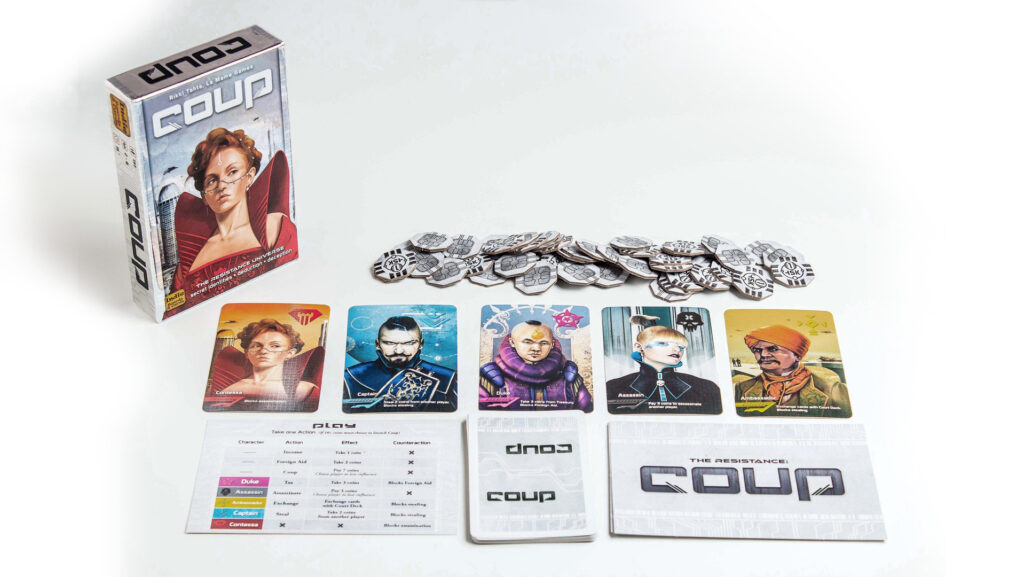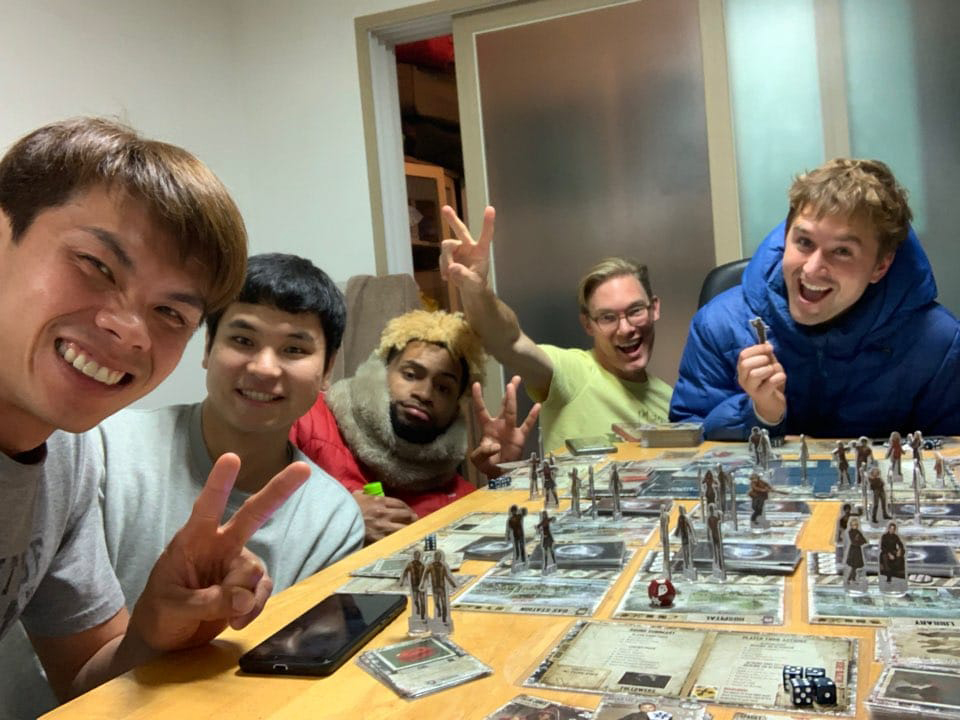Notes:
Links to subjects mentioned in the podcast
Join me at the virtual table by filling out the request form
We would love to have some game testers join us to help develop ALLIANCE Trade Wars or any of the other games we play on our weekly game nights. If you are interested simply fill out this form and we’ll send you the invite and updates

To play games with us at the virtual table you will need to install a $20 app called TableTop Simulator on your computer.
Transcript:
My Introduction to Games
When some of the guys from my church and I first got a chance to hang out with Pastor Sky he broke out a deck of playing cards and challenged us to play a game. We found some chewed gum stuck to the table at the cafe and declared that the loser must chew it. And even when Pastor Jo Eun first visited America, she too played a game of spoons and told of us about a recent game of Mafia she had played with some church members.
Why do I bring this up? Because even though games may seem like a meaningless waste of time, I have since found them to be an amazing tool for managing relationships and introducing people to deeply meaningful subjects. I myself have become a game designer and I use games to help make the world a better place.
My name is Shaun McMillan, and this is the Best Class Ever.
Monopoly Is a Terrible Game.
But to avoid any confusion let me be clear. Today I am not talking about video games. I am also not talking about any of the popular mainstream board games that you might have played growing up. Monopoly for example, is a terrible game. Originally it was called the Landlord game and it was created to depict the evils of capitalism. It may look like a fun family friendly game on the surface, but really it is a game that facilitates bullying, collusion, and ultimately the ruin of everyone but the winner.
Monopoly Deal the card game on the other hand, is much more fun. It’s just as evil, incentivizing the rich to steal from the poor, but at least there is no player elimination, and it rarely takes more than 45 minutes to play. Never heard of it? Well then, let me introduce you to the world of Designer Board Games.
Let me Introduce You to Designer Board Games
Settlers of Catan. One Night Ultimate Werewolf, & Coup.
There are just a few small box card games that I take everywhere with me when I travel. These are games that you can get for less than $20 dollars US, and are small enough to fit in any bag. They are games that allow you to lie, cheat, and steal, and ultimately to win in these games you will need to develop your social skills. Bluffing and deduction will also be tremendously helpful.
Many of you may have played Mafia or Werewolf. This is the social deduction party game in which a large group of people have to determine who among them is secretly killing off players during the night phase.

One Night Ultimate Werewolf
Well you may be surprised to learn that there is a designer card game called, “One Night Ultimate Werewolf.” That’s right. It only has one night phase, nearly every player gets a secret role, and it only takes 15 minutes at most to play. It’s even crazier than regular Werewolf, and can be played by 3-10 players.

Coup
Coup is a bluffing game of dirty politics. In the game you can lie, steal, bluff, embezzle funds, and assassinate your opponents. Just don’t get caught lying about which form of dirty politics you are legally allowed to get away with. This game works for 2 to 8 players.

Conspiracy
My game design students and I enjoyed playing corrupt politicians so much that we designed our own strategy game inspired by Coup. We call it, “Conspiracy.” Conspiracy is a little more strategic than Coup. In Conspiracy you get to choose who you want to work with, and who you want to secretly conspire against. The main difference though is that many players can win, but one must die. It is turn based like Coup and works for 2 to 9 players.
Card Games & Board Games are a Great Way to Facilitate & Manage Relationships
These games are great because they create a safe space for everyone to act out their worst characteristics. It’s really refreshing to ruin someone’s chances at winning for a good laugh. For a team this is critical, because when you work with people tensions are likely to build up. People have different values, different priorities, different temperaments, and ultimately some of those personalities clash. Games allow us to express those differences instead of suppressing them. They also allow us to explore creative strategies without penalty. It’s often fun to see which players use which strategies. Who on your team is the most clever or likely to first find the winning strategy? Who is best at calculating the mathematical probabilities? Who is the best at bluffing? Which players play it safe, and which players love to take risks? Who is most likely to take joy in calling another player’s bluff?
And for quiet players, games also do a really great job of facilitating interactions between even the most shy newcomers. Everyone gets a turn and is forced to make very difficult decisions. Unlike meetings, in which the speaker is the focus, and let’s be honest, the only one really engaged, games give players agency. Agency is any individual’s freedom to influence the outcome. At the table everyone starts as equals. And turns make it so that stronger personalities cannot dominate, and newcomers will have to engage. And best of all, games create a really fun atmosphere.
Meaningful Games
The games I have introduced so far are really just for fun, but as a teacher I found that I was able to design games that can also be very meaningful. Over the years I have created three Bible Study games, and a world peace megagame called ALLIANCE, The Ultimate World Leader Political Science Megagame in which 72 participants roleplay as world leaders and are given four hours to solve all of the world’s problems. To see what that looks like you can visit www.BestClassEver.org

TableTop Simulator
But these days, due to the Pandemic, it’s not so easy to gather and play games together. But luckily there is a way to play designer board games over the internet. Recently I have been meeting with students, friends, and church mates over the internet and playing not only popular card games, but we have even been playing some of my own card game prototypes. At the moment we are game testing my newest development called, ALLIANCE Trade Wars. We use a computer app called TableTop Simulator that allows us to bring any card game from the market or one of my own custom creations to a virtual 3D table. It’s not easy to explain what that looks like in a podcast, so again, if you are interested in learning more or joining one of my game tests, please contact me through www.BestClassEver.org. [see the button at the top of this page]
More on Game Design Later
I have learned a lot through teaching game design and designing games myself, so I will inevitably end up returning to this subject. But before I do I would like to return to one of everyone’s favorite dinner topics – one of the two that are never welcome at the dinner table. Not politics, but religion.
Q: Are you religious? Is your family? If your parents or your friends were against religion what argument would you make to defend your faith?
Next week I would like to define the utility of religion. Religious rituals and beliefs are often looked down on by contemporary thinkers, so I was surprised to find that some of today’s most influential western academics are standing up for and defending the usefulness of religion. Come back next week to hear why they say religion was critical for helping man to evolve into the amazing thinkers we have become today.
And again, if you have any questions about today’s topic, want to join me for a virtual card game over the internet, or just want to learn something interesting, please pay me a visit at www.BestClassEver.org.



